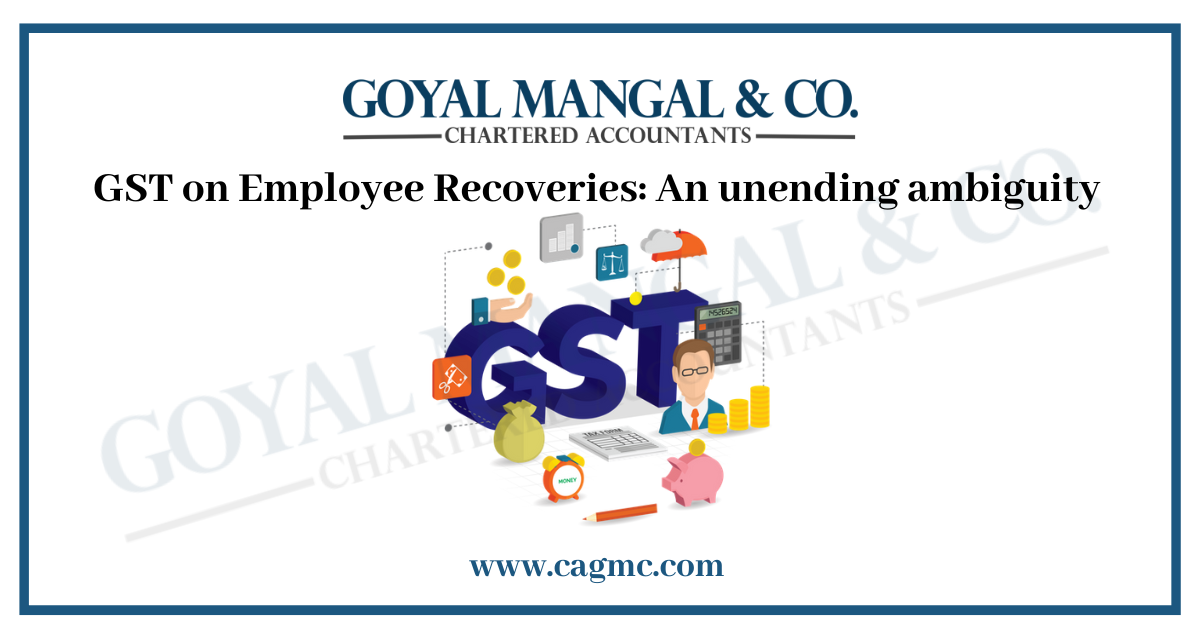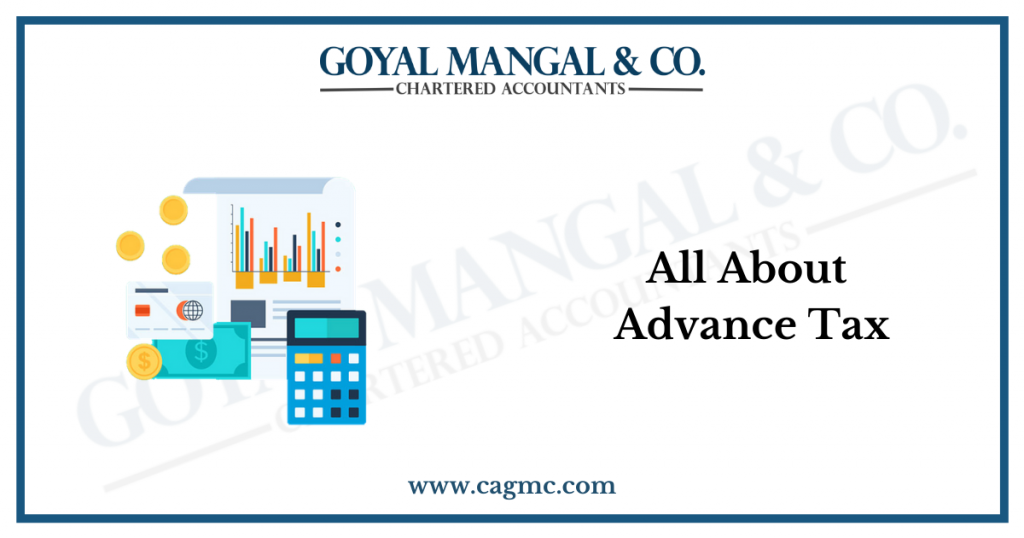 GST has introduced a few concepts which are new or unheard of by Indian taxpayers. Few are levies of tax on stock transfer of goods, taxation of gifts distributed to employees, etc. In terms of Section 7 read with Schedule I to CGST Act 2017, there are specified activities that would be subject to GST even though there is no consideration in return for such activities/supplies. One such activity is the supply of goods/ services to related persons which includes employees and to a distinct personality which can include branches/ warehouses with separate GSTIN.
GST has introduced a few concepts which are new or unheard of by Indian taxpayers. Few are levies of tax on stock transfer of goods, taxation of gifts distributed to employees, etc. In terms of Section 7 read with Schedule I to CGST Act 2017, there are specified activities that would be subject to GST even though there is no consideration in return for such activities/supplies. One such activity is the supply of goods/ services to related persons which includes employees and to a distinct personality which can include branches/ warehouses with separate GSTIN.
|
Table Of Contents |
Introduction
In GST law, there are few activities that would be treated as supply liable for GST even in the absence of consideration. These activities are listed in Schedule I of CGST Act 2017 with few entries finding a place in Schedule II as well. One such activity listed in Schedule I is the supply of goods or services between employee and employer when such supply is made in the course or furtherance of business.
After the introduction of GST, there was a lot of confusion on the taxability of perquisites/ gifts to employees. To clear this, a press release dated 10th July 2017 was issued by CBIC. It was clarified that a gift has not been defined in the GST law and in common parlance, the gift is made without consideration and it is voluntary in nature and made occasionally. Accordingly, common facilities such as housing, gym, etc., would not get taxed. Gifts exceeding the value of Rs.50,000/- per annum per employee would get taxed in the hands of the employer being the supplier of such gifts. Even perquisites cannot be levied to tax as services by an employee to the employer in the course of or in relation to his employment are outside the scope of GST (neither supply of goods nor supply of services) being covered in schedule III. When there is no recovery of any amounts from employees, there could not be any GST impact.
GST on supplies
Services by an employee to the employer in the course of or in relation to his employment would not be treated as either supply of goods or a supply of services in terms of Schedule III to CGST Act 2017. Therefore, any payments made by an employer to an employee in terms of the employment contract should not suffer GST. The issue would arise when there are supplies that are made to employees outside the terms of employment for which consideration is received by the employer other than in form of ‘employment services. It is important to note that services by an employee to an employer are outside the purview of GST and not vice versa.
Free common facilities not taxed
Considering the press release dated 10th July 2017, common facilities provided commonly to employees without any recovery would not be subject to GST as they cannot be considered as gifts:
- Telephone / mobile services
- Internet services
- Education reimbursement for employees’ children
- Transport facilities
- Membership of gym, health club, etc.
- Subscription to journals
- Canteen facilities
- Coffee/tea and other beverages during office hours
GST when recoveries made
It may so happen that for some of the facilities provided, employers recover the amount from the employees. Such recoveries could be concessional.
Impact of GST on Notice Pay Recovery
In underemployment transactions, an employee offers services, and the employer provides a salary plus other non-monetary benefits (perquisites). So, at both ends, there is supply, and thus the same should be taxable under GST. This article, let us understand in detail the treatment of GST on employee remuneration and notice pay recovery.
What is Notice Pay Recovery?
Whenever an employee joins or leaves an organization, he/she is bound by the terms of employment. An employee is usually required to serve the agreed notice period before he/she resigns. But, most of the employee agreements have a clause stating that if an employee wants to leave the company without serving the agreed notice period, then he is required to pay an amount equal to the unserved notice period.
This is called notice pay recovery, which is either recovered from the employee or deducted from the salary payable to him.
Treatment of GST on Employee Remuneration
Under the CGST Act, all supply of goods and services attracts GST. It applies to an amount made by a registered taxable person for consideration and in the course of furtherance of business. However, Schedule I of the CGST Act includes transactions treated as supplies even if it is made without consideration between related parties but are made in the course of furtherance of business. Also, Section 15 of the CGST Act states that the employer and employee are deemed to be related persons.
Thus, a supply made by an employer to an employee is liable to GST even if it is made without consideration (except gifts up to Rs. 50,000). However, Schedule III of the CGST Act states that ‘services by an employee to the employer in the course of or concerning his employment are not considered as a supply of goods or services. So, GST does not apply to employee remuneration.
Applicability of GST on Notice Pay Recovery
Employment services are exempted from GST. Thus, some professionals are of the view that as notice pay recovery is in the course of employment, the same is also exempt from GST.
Conclusion
Notice pays recoveries as consideration for helping the employee to leave early irrespective of the notice period and thus enabling the employee to get a better employment opportunity earlier than he/she was supposed to.


